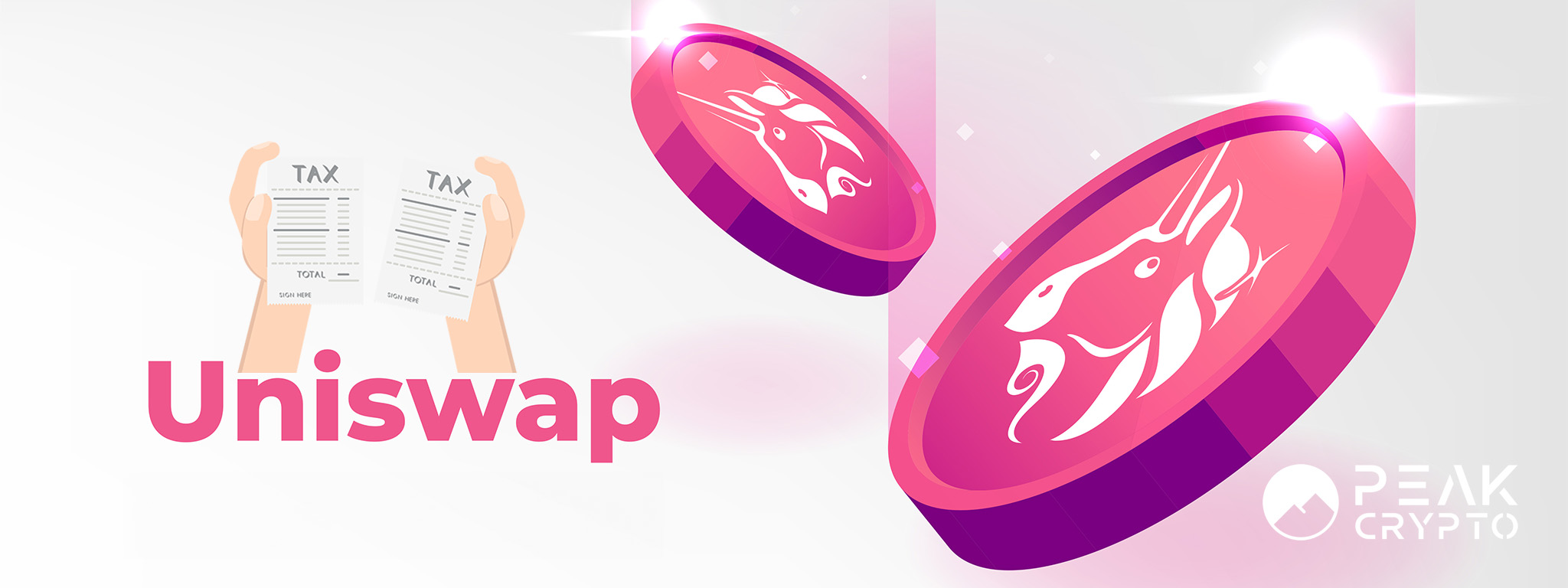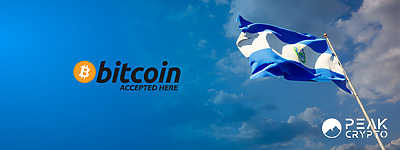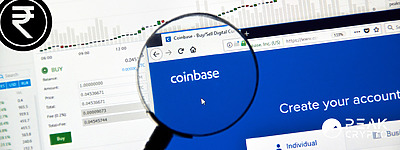According to official statements on the proposal’s webpage, Uniswap’s decentralized exchange witnessed a failed attempt to impose protocol fees on June 1. This means liquidity providers (LPs) may keep accruing all swap-generated revenue. The voting process was tight, with 45.32% of votes favoring the “no fee” option, 42.34% supporting a charge of one-fifth of LP fees to users, 12.3% voting for a fee of one-tenth and a minute, 0.04% voting to levy a sixth.
Despite the majority’s stance against the fee, the results indicate a potential swing in favor of a protocol fee if supporters agree on a precise fee ratio.
A Non-Binding Preliminary Decision
The voting exercise was a “temperature check,” a preliminary non-binding poll. The possibility of future amendments remains, pending ongoing discussions.
Governance in Uniswap is achieved through the Uniswap Decentralized Autonomous Organization (Uniswap DAO), composed of Uniswap token holders.
Based on the specific pool chosen, the platform currently imposes swap fees on crypto traders varying from 0.01% to 1%. However, these fees are exclusively awarded to the liquidity providers, the crypto market makers. UNI token holders, who theoretically own the protocol, do not benefit from these fees.
Potential Tax and Regulatory Complications
Supporters of the proposal voiced their opinions on the official forum page. They claimed that Uniswap has sufficiently evolved as an exchange and no longer requires full incentives for liquidity providers. The proposal’s author, GFX Labs, contrasted Uniswap’s fee structure with rivals Coinbase and Binance, asserting that Uniswap, even with proposed fees, would remain the most lucrative platform for LPs.
However, the opposition was concerned that introducing a fee could generate tax and regulatory issues for UNI holders. Porter Smith, a venture capital partner at A16z, suggested that fees should not be introduced unless Uniswap’s governance transitions into a legal entity or a decentralized “flow of funds” mechanism is established to channel revenue directly to UNI holders.
The international presence of Uniswap DAO members, common among most DAOs, means it isn’t registered as a business in any country. Despite originating on the Ethereum network, the exchange is exploring further network expansions. It was decided on April 14 to introduce Uniswap to the Polygon zkEVM network, a zero-knowledge Ethereum Virtual Machine. By May 17, plans to launch a Moonbeam Polkadot parachain iteration were also approved.






